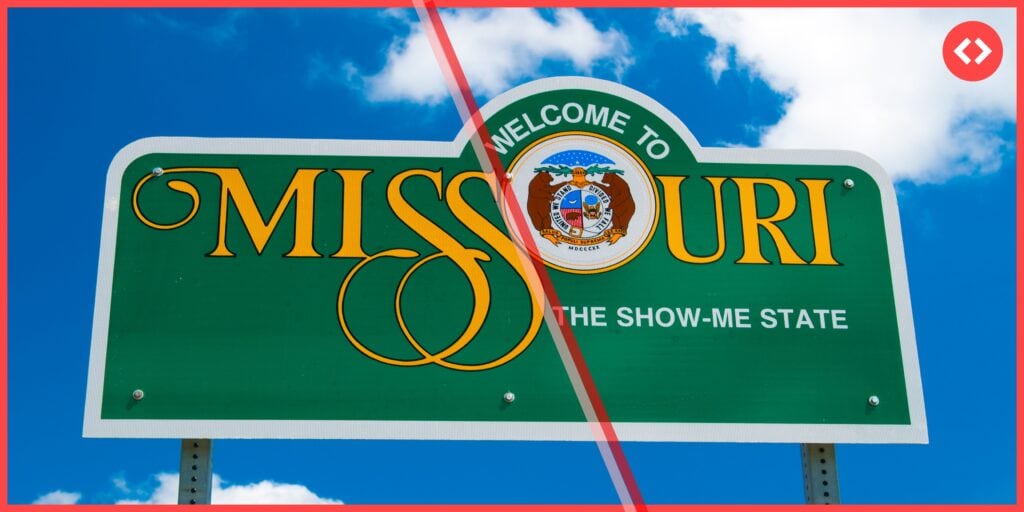In parts of Missouri, vacation rental operators recently saw their annual property tax bills double or even triple, without expanding their properties or changing how they operate. The reason? Some counties started classifying short-term rentals as commercial properties, applying higher tax rates originally meant for hotels and retail buildings.
For Tyann Marcink, a professional host and property manager based in Branson, the impact was immediate. One of her homes was reassessed, and the tax bill jumped from $4,380 to $10,680. In response, she and a group of local STR professionals formed the Missouri Vacation Home Alliance (MOVHA), a nonprofit that now leads the state’s efforts to defend fair taxation and promote responsible vacation rentals.
This article looks at what’s happening with Missouri vacation rentals, how operators like Tyann are organizing, and what professional short-term rental managers in any region can learn from their experience, especially those who think advocacy is out of reach.
A Look at Missouri’s Short-Term Rental Regulation Landscape
Missouri has no single statewide law regulating vacation rentals. Instead, regulation is left to cities and counties, creating a patchwork of rules across the state. Over the past two years, a growing number of counties have interpreted existing tax code to classify short-term rentals as “transient housing,” which places them in the commercial tax bracket.
The difference is significant. Residential property in Missouri is assessed at 19 percent of value. Commercial property is assessed at 32 percent. In real terms, this has translated to 2 to 4 times higher tax bills for some operators.
Counties like Jackson began notifying owners of the change with little context or clarity. For many, it wasn’t immediately clear how to respond or where to turn.
Enter MOVHA: A Statewide Voice Begins to Take Shape
MOVHA, formed by a group of STR professionals, including managers and homeowners, has quickly become a recognized point of contact for both local and state officials. The nonprofit association supports operators across Missouri by:
- Educating hosts on compliance and zoning requirements
- Collecting and presenting stories from owners affected by reclassification
- Coordinating legislative outreach and public messaging
The work is ongoing and collaborative. MOVHA is not a one-person operation. As Tyann Marcink explained during the RSU webinar:
“We have a board. We have other vacation rental owners and managers who help. We have a full-time volunteer who helps with technology. We have our treasurer, who’s a former CFO of a major corporation.”
MOVHA Wins
Legislative Momentum: HB 1086 Moves Through the House and Senate Committee
One of MOVHA’s most significant wins so far has been legislative: in early 2025, House Bill 1086, which would clarify that short-term rentals should be taxed as residential properties, passed the Missouri House and cleared the Senate committee stage.
Though the bill ultimately stalled before reaching a full Senate vote, the progress marked a critical shift. The effort gained bipartisan support, moved further than many expected, and showed that STR operators could have real influence in shaping tax policy.
This momentum is expected to carry into 2026, when advocates plan to reintroduce the bill with renewed backing.
Kansas City Pauses Reclassification Ahead of FIFA World Cup
In a related success, Kansas City leaders approved a temporary pause on STR tax reclassifications through 2026. The decision was driven in part by concerns that higher taxes could limit the city’s short-term rental capacity during the FIFA World Cup, which Kansas City will help host.
This pause gives operators and local policymakers time to reevaluate zoning, taxation, and enforcement frameworks, and ensures that the city can meet accommodation needs during a globally significant tourism event.
Outreach Through Education
Beyond legislative work, MOVHA has emphasized practical education. Marcink is also working with Kansas City officials to develop onboarding and training materials for STR hosts, particularly as the city prepares to welcome international visitors during the 2026 FIFA World Cup. The training focuses on standards, responsibilities, and compliance, with the goal of creating a more professional, well-informed host community.
The initiative reflects a broader theme: positioning vacation rentals as a legitimate part of Missouri’s tourism infrastructure, rather than a regulatory problem to be solved.
Insights for Property Managers Everywhere
While Missouri’s challenges are specific, the strategies that MOVHA and its members have adopted may be useful elsewhere. Among the lessons shared:
Join or support a formal alliance
When policymakers don’t know who to talk to, they make assumptions. Even small memberships help associations demonstrate scale and legitimacy.
Local education is critical
Many tax officials and zoning boards lack familiarity with the day-to-day reality of short-term rental operations. Clear, factual communication often makes a bigger impact than confrontation.
Personal stories can shape policy
MOVHA collected real accounts from single parents, retirees, and homeowners in rural areas whose incomes depend on short-term rentals. These stories helped shift the conversation from abstract revenue to real-life consequences.
Advocacy doesn’t require full-time involvement
As Marcink noted during the webinar, even small steps, like showing up to a city council meeting or signing a letter, can help shape the direction of local policy.
For the Missouri STR Community, The Work Continues
The situation in Missouri remains fluid. HB 1086 is expected to return in the 2026 session, and many municipalities are still revising their STR ordinances. Enforcement has ramped up in cities like Columbia, Springfield, and St. Louis, where permit systems, zoning caps, and density rules are being introduced or tightened.
But the coordinated response from operators across Missouri is already making an impact. MOVHA’s work shows how local businesses, when organized and informed, can become effective advocates, not just for their own operations, but for the communities they serve.
Stay Connected with Tyann Marcink
Want to learn more about Tyann’s advocacy work or connect with MOVHA (Missouri Vacation Home Alliance)?
Email: [email protected]
LinkedIn: Tyann Marcink
Uvika Wahi is the Editor at RSU by PriceLabs, where she leads news coverage and analysis for professional short-term rental managers. She writes on Airbnb, Booking.com, Vrbo, regulations, and industry trends, helping managers make informed business decisions. Uvika also presents at global industry events such as SCALE, VITUR, and Direct Booking Success Summit.








